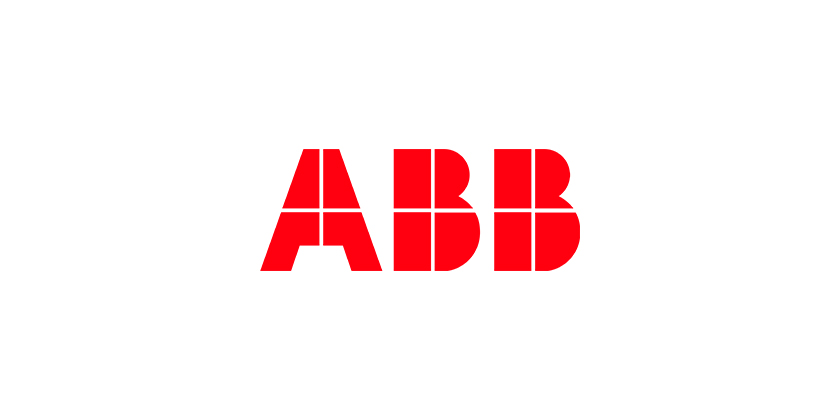ABB Recognized with ‘A’ Score for Transparency on Climate Change

February 15, 2024
ABB has been recognized for leadership in corporate transparency and performance on climate change by global environmental non-profit Carbon Disclosure Project (CDP), securing a place on its annual ‘A List’. Based on data reported through CDP’s 2023 Climate Change questionnaire, ABB is one of a small number of companies that achieved an ‘A’ – out of over 21,000 companies scored. In 2023, over 740 financial institutions with over US$136 trillion in assets requested companies to disclose data on environmental impacts, risks and opportunities through CDP’s platform.
Anke Hampel, Group Head of Sustainability at ABB, said: “ABB is taking a rigorous science-based net-zero targets approach in line with the Net-Zero Standard of the Science Based Targets initiative (SBTi). Inclusion in CDP’s A List is an important recognition of our approach to sustainability and our commitment to setting ambitious and meaningful sustainability targets.”
The company has submitted its new targets to SBTi with validation expected in 2024. These include 1.5°C-aligned Scope 1 and 2 targets aiming at a CO2e emissions reduction of 80 percent by 2030 and 100 percent by 2050 versus a 2019 baseline. On a 12-month rolling average, as of Q3 2023, ABB achieved a 72 percent reduction in Scopes 1 and 2 CO2e emissions versus 2019. The latest numbers will be published on February 23 in ABB’s 2023 annual reporting suite.
Additionally, the company has set new Scope 3 CO2e emissions targets aiming at a reduction of 25 percent by 2030 and 90 percent by 2050 versus a 2022 baseline.
Following the latest WBCSD avoided emissions guidance, ABB has also updated its ambition in this area and aims to enable its customers to avoid 600 megatons of CO2e emissions through products sold from 2022 to 2030. ABB helped its customers avoid 70 Mt of CO2e in 2022, across industry, transportation, buildings, data centers, and more.
A detailed and independent methodology is used by CDP to assess companies, allocating a score of A to D- based on the comprehensiveness of disclosure, awareness and management of environmental risks and demonstration of best practices associated with environmental leadership, such as setting ambitious and meaningful targets. Those that do not disclose or provide insufficient information are scored an F.











![Guide to the Canadian Electrical Code, Part 1[i], 26th Edition– A Road Map: Section 56](https://electricalindustry.ca/wp-content/uploads/2022/11/Guide-CE-Code-2.png)



